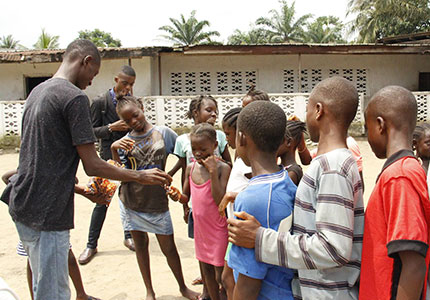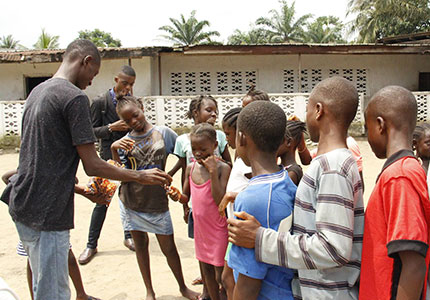This article was authored by Abraham M. Keita, One Young World Peace Ambassador and 2015 Winner of the International Children's Peace Prize*
Two years ago, on November 9, I delivered a speech from the lectern in the Hall of Knights, The Hague, in the Netherlands, while receiving the 2015 International Children’s Peace Prize. Speaking for the very first time from a podium to such a global audience, I was drowning in fear and nausea. Climaxing that statement, I reminded adults in these words: You have all been children. Your graduation from this social status does not distinguish you from us. You are all alumni of childhood!
In the views of many, those words were as enthusiastic and they were, perhaps, eloquent. If any part was worthy of my commendation as the writer of my own speech, that was. As I churn out those lines, I was chunked with optimism and filled with faith: that the world would now listen and act, that humility would now be restored and that children would finally live as the “precious jewels” they are. Two years after that historic ceremony that somehow has changed my life and given me a global platform to continue my advocacy for children’s rights, I have seen, heard and read more sad stories about children than ever before. Whether it the story of children in the villages of Africa or the mountain ranges of Asia; whether it is the tale from the shores of The Amazon in South America or the icebergs of Antarctic – the world is failing its children.
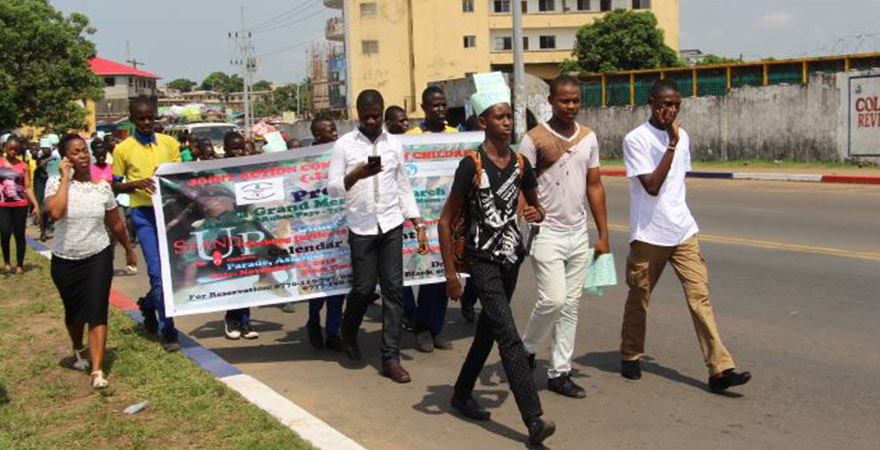
From the slaughter camps of Myanmar to the firing squads of Aleppo, the narratives are all but savagery and pity. The story in Yemen is no better; Somalia is yet another abyss, while South Sudan crawls in crisis. A world with little remorse!
Education is still not a human right for millions of children, mostly girls and health care is a right given to a privileged few. It must become a reality for all children - children in New York, Paris, London, or Beijing as well children in Kakuma in Kenya, West Point in Liberia, Benghazi in Libya, or Alexandra in Gauteng, South Africa. Poverty continues to be a pervasive nightmare. In 2016, a joint World Bank-UNICEF study revealed that nearly 385 million children live in extreme poverty. Yet, the world celebrates millionaires and billionaires. Annually, Forbes publishes its listing of the world’s richest people. How I wish it would start publishing data on people taken out of poverty every year. I am not saying that these millionaires and billionaires should not be recognized, but let them realize that they must help; they must do more to end the visual circle of impoverishment. We live in a world where the eight (8) richest men are wealthier more than half of the world’s population. A world with little remorse!
Every 5 minutes, a child is killed by violence. Conflict, abuse, and exploitation affect all children around the globe – every single day! Despite the threats of terrorism, super-powerful nations still finance conflicts, give weapons to armies or rebel groups and annually increase their military expenditures. Therefore, we have to deal with two things: terrorism (by radicals and extremists) and legalized terrorism by “big nations”. Instead of building bridges that increase humanitarian response, countries are building nuclear arsenals – casting humanity into fear and darkness. The United Nations on a daily basis provides a litany of the budget or funds needed to respond to and resolve threats to human existence – refugee and migrant crisis, disasters, hunger, and famine – but all those requests fall on deaf ears. It seems nations are rather gravitating towards warfare than welfare.
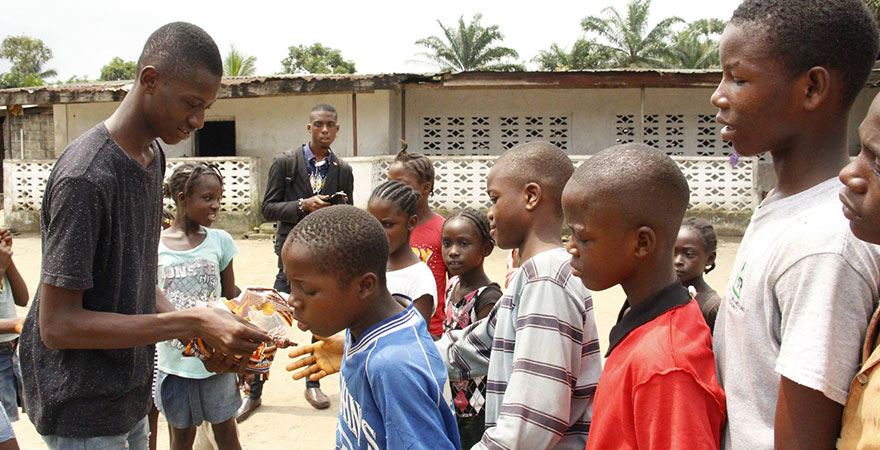
I was once a child, and still a teenager. I am 19 years old, but my generation has seen more wars and adversities than at any point in time in history. We are called names: some call us “the lost generation”. Others say “the internet generation”; but even on the internet, we are victims of abuse and molestation. Cyber-child pornography.
We are the victims of the mess created by adults!
From these stories, fellow youngster and education activist Malala Yousafzai gets her inspiration to demand change. From these accounts, fearless young leaders including Muzoon Almellehan of Syria and Yeonmi Park of North Korea are moved to demand actions for human rights. These are the narratives that motivate every child, every youth to make the difference. This is the strength of our generation – standing up for the weak and being the voice of the voiceless.
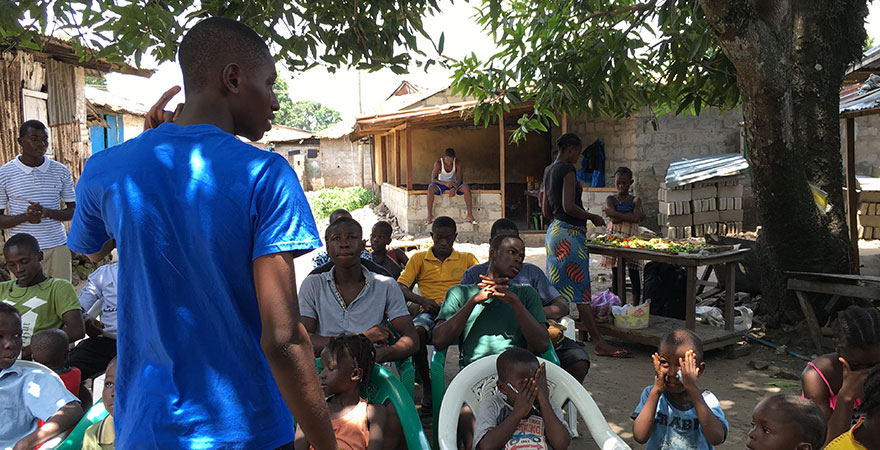
*Abraham Keita is a child rights activist. His work for children and youth continues to inspire and influence millions across the globe. Follow him on Facebook at Abraham M. Keita and Twitter @VIKeita
